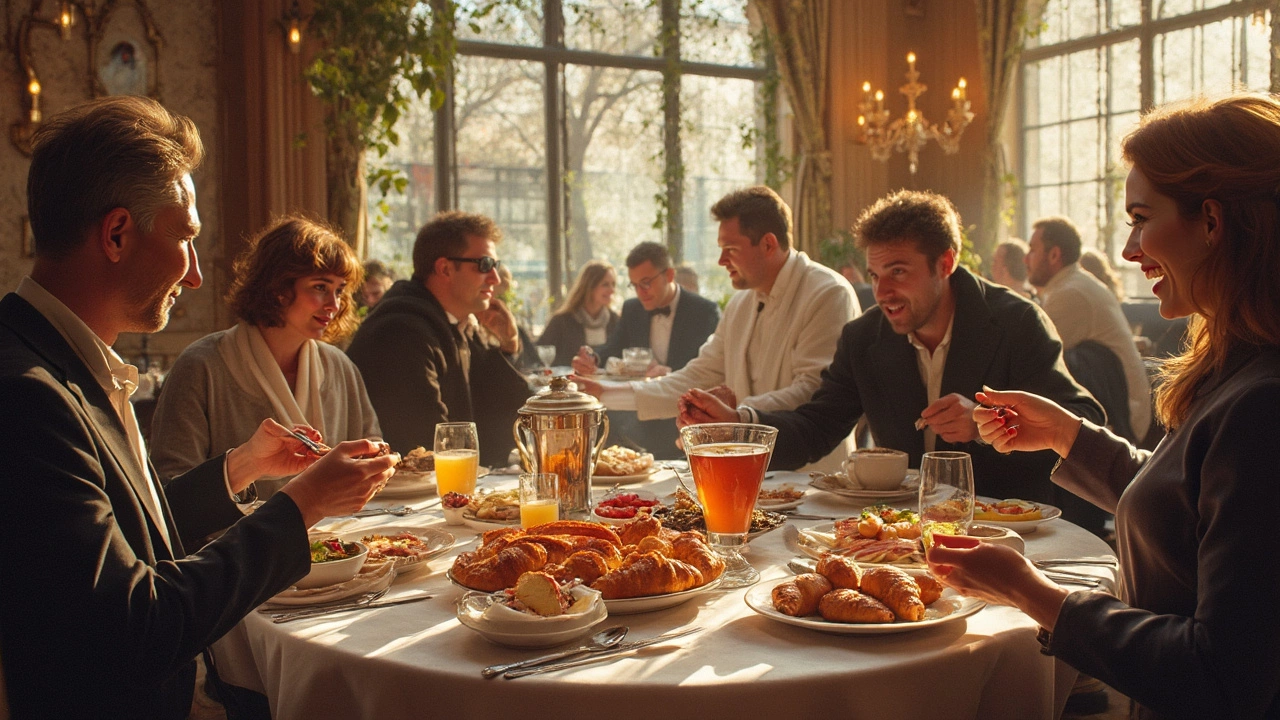Free Food – What You Need to Know
Free Food, the practice of providing meals, snacks, or drinks at no extra charge to guests. Also known as complimentary meals, it helps hospitality venues add value, attract budget‑savvy travelers, and create a welcoming vibe. When a hotel advertises "free breakfast" or a resort promises "all‑included drinks," that’s free food in action. The idea is simple: give guests something to eat or drink without adding a line‑item to the bill, which often sways booking decisions. Free food also builds loyalty; a traveler who enjoys a free evening snack is more likely to return or recommend the place.
One of the biggest free‑food ecosystems lives inside All‑Inclusive Hotels, properties that bundle accommodation, meals, drinks, and activities into a single price. These resorts require a free‑food component to justify the all‑inclusive fee, so you’ll find unlimited buffets, snack bars, and bar tabs that run all day. The model works because the cost of food is spread across many guests, letting the hotel keep margins while guests feel they’re getting a deal. Another common place to encounter free food is in Self‑Catering Cottages, rental homes that let guests cook their own meals. While the primary model expects you to bring your own supplies, many owners stock a welcome basket of tea, biscuits, or local produce at no cost, turning a DIY stay into a semi‑complimentary dining experience. Both settings show how free food can shape a traveler’s budget and overall satisfaction, turning a simple perk into a deciding factor when choosing where to stay.
Luxury camping, or Glamping, a style of outdoor stay that blends nature with hotel‑level comforts, often throws in free food as part of the package—think stocked mini‑fridges, on‑site BBQ kits, or daily picnics prepared by the host. Eco‑friendly cottages take a similar route by pairing sustainable building practices with locally sourced, free‑food offerings like farm‑fresh eggs or seasonal fruit, giving guests a taste of the region while keeping the carbon footprint low. Even the hidden costs, such as a Sykes Cottages booking fee, can affect whether a free‑food perk feels like a real bonus; a lower fee might make a complimentary breakfast seem like a bigger value add. These examples illustrate that free food doesn’t live in a vacuum—it interacts with the type of accommodation, the sustainability ethos, and the overall price structure, influencing how guests evaluate the overall deal.
Below you’ll find a hand‑picked collection of articles that dive deeper into each of these areas, especially free food options. From tips on spotting free‑food deals in self‑catering cottages, to the downside of all‑inclusive hotel meals, and the latest glamping price guides, the posts cover practical advice, cost breakdowns, and real‑world examples. Whether you’re hunting for a complimentary breakfast on a family getaway or looking to assess the true value of free snacks in a boutique stay, the resources here give you clear steps to make the most of every free‑food opportunity. Get ready to explore the full range of options and start planning a trip where the meals come at no extra cost.

When booking an all-inclusive hotel, travelers often wonder if 'all-inclusive' really means free food. This guide unpacks what you actually get with an all-inclusive package, revealing hidden truths and tips to get the most out of your stay. Are all meals and snacks genuinely complimentary, or are there exceptions? Discover the ins and outs of these packages as you plan your next vacation.
Read more
